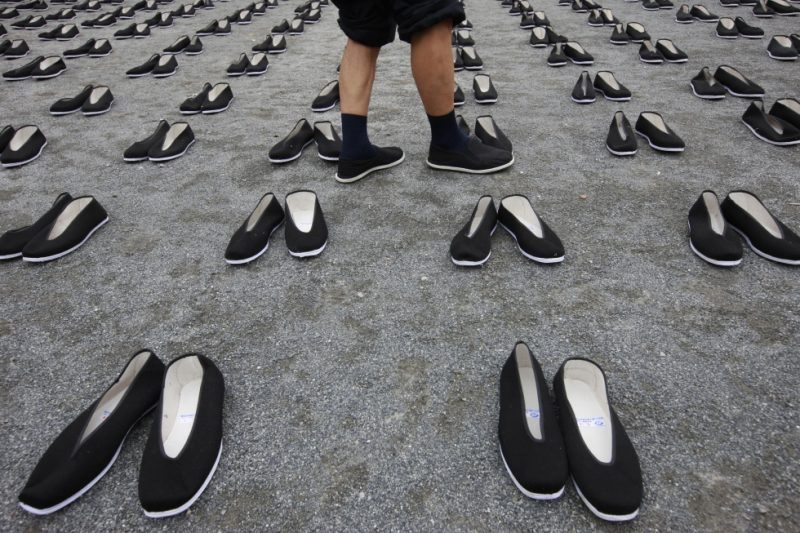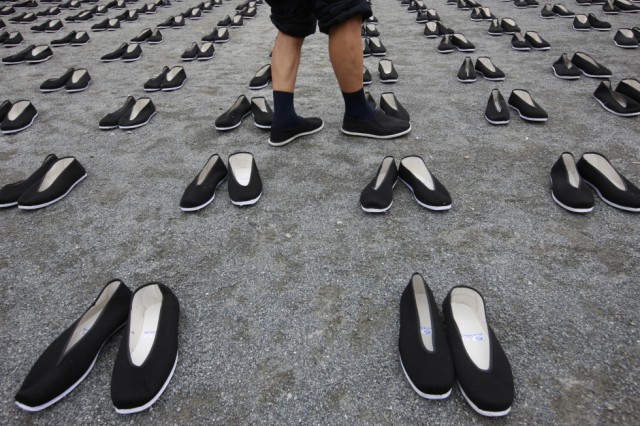An association of lawyers, academics and forced labourers and their families in China have sued two Japanese companies that forced Chinese men and women as labourers during the Second World War. This comes only a day after a Jewish community in Greece sued Germany for a sum of $65 million in the European court of Human Rights for the ransom that was being paid to the Nazis to release thousands of Jewish men who were working in Germany as forced labourers. Also an association of black rights group sued France and the Spie construction group over the practise of using forced labour in Congo in the 1950s. They used labourers to build a 500 km railway line in Congo. A report indicated that the forced labour resulted in the death of approximately 17000 people due to a variety of causes such as accidents, malaria, poor working conditions, etc
There seems to be an increase in the number of such cases in the international courts with activists and lawyers taking up the cause of the families and those who lost their lives into the wartime forced labour.
The two Japanese companies, Mitsubishi materials and an unidentified company that forced Chinese workers into wartime labour has been demanded to compensate the Chinese citizens by a Beijing court. The Chinese television also demanded a written apology from both the companies.
Zhang Shan, an official of the class lawsuit said, “As there is no way to get justice in Japan, the Chinese victims of forced labour and their families are determined to sue in China the Japanese companies which did them harm”.
Earlier many wartime lawsuits on forced labour have been filed in the Japanese courts against the government and the Japanese companies but they have squashed by the courts stating that the issues of the war repatriation has been settled in the 1951 during the San Francisco Peace Treaty and that all wartime compensation issues have been settled during 1972 joint statement establishing diplomatic ties.
The Chinese courts come under the control of the communist party in China and hence, the lawsuit was almost certain to be won by the families of the forced labourers. However, it is very unlikely that the ruling will have its effect outside the boundaries of China.
When Japanese chief cabinet secretary was asked for his comment on the recent ruling by the Beijing court, he declined to comment stating that the case was between individuals and the companies. Also, when an official from Mitsubishi was asked the same question, he too declined to comment stating that he was not aware of the details of the case, the South China Morning Post reports.
China and Japan have been at loggerheads since quite some time after the war due to the row over control of a chain of uninhabited islands in the East China Sea. Warships from both the companies are always on patrol in that region increasing the ever mounting tension. Recently, the visit of Japanese Prime Minister Shinzo Abe to the Yasukuni Shrine, in one of those islands, honouring the war criminals among Japan’s war dead has further fuelled the tensions.
However, it is left to be seen as to what happens to the ruling of the Beijing court. Does it bring any smiles on the faces the families of the Chinese workers who lost their lives in Japan or the ruling gets rejected by Japan as it has been the case in the past.

